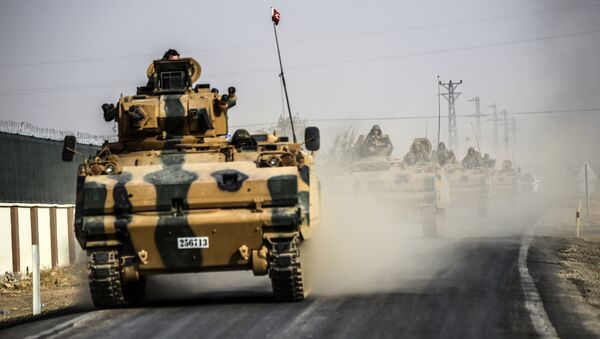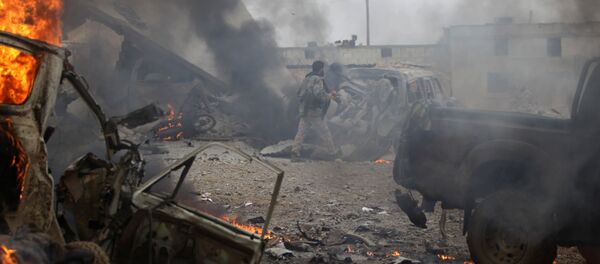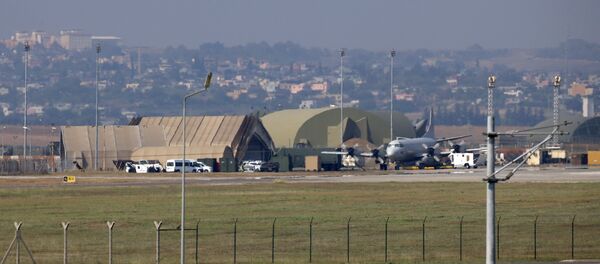Political analyst Alexander Asafov maintained that the announcement made by the National Security Council was timed to coincide with Tillerson's visit since President Recep Tayyip Erdogan and other high-ranking Turkish officials intend to use the operation as a bargaining chip during talks. Among other things, Erdogan could use Operation Euphrates Shield to try to pressure Washington to scale down, if not drop its assistance to the Syrian Kurds.
"Erdogan wants to get a carte blanche to act independently, to protect its interests in the region," the analyst told RT.
Vladimir Avatkov, head of the Center for Eastern Studies, International Relations and Public Diplomacy, does not think that Turkey's decision to formally end its military engagement in Syria is directly linked to Tillerson's visit.
"If there is a link then it is indirect. The Turks have been in the process of searching a balance. They have also tried to find a new place in the world and the region. In this context meetings with Russian and American partners are very significant for Ankara," he said.
Both analysts asserted that Turkey could launch a new military campaign in Syria at any time.
"Erdogan has demonstrated that Turkey has a seasoned army capable of completing missions in the region. We have successfully ended Operation Euphrates Shield and could for instance kick start Operation Euphrates Sword that would be targeted against both Daesh and the Kurds. Such rhetoric is quite possible," Asafov said.
The announcement made by the National Security Council did not specify whether Ankara plans to withdraw its forces from the region.
Never miss a story again — sign up to our Telegram channel and we'll keep you up to speed!





